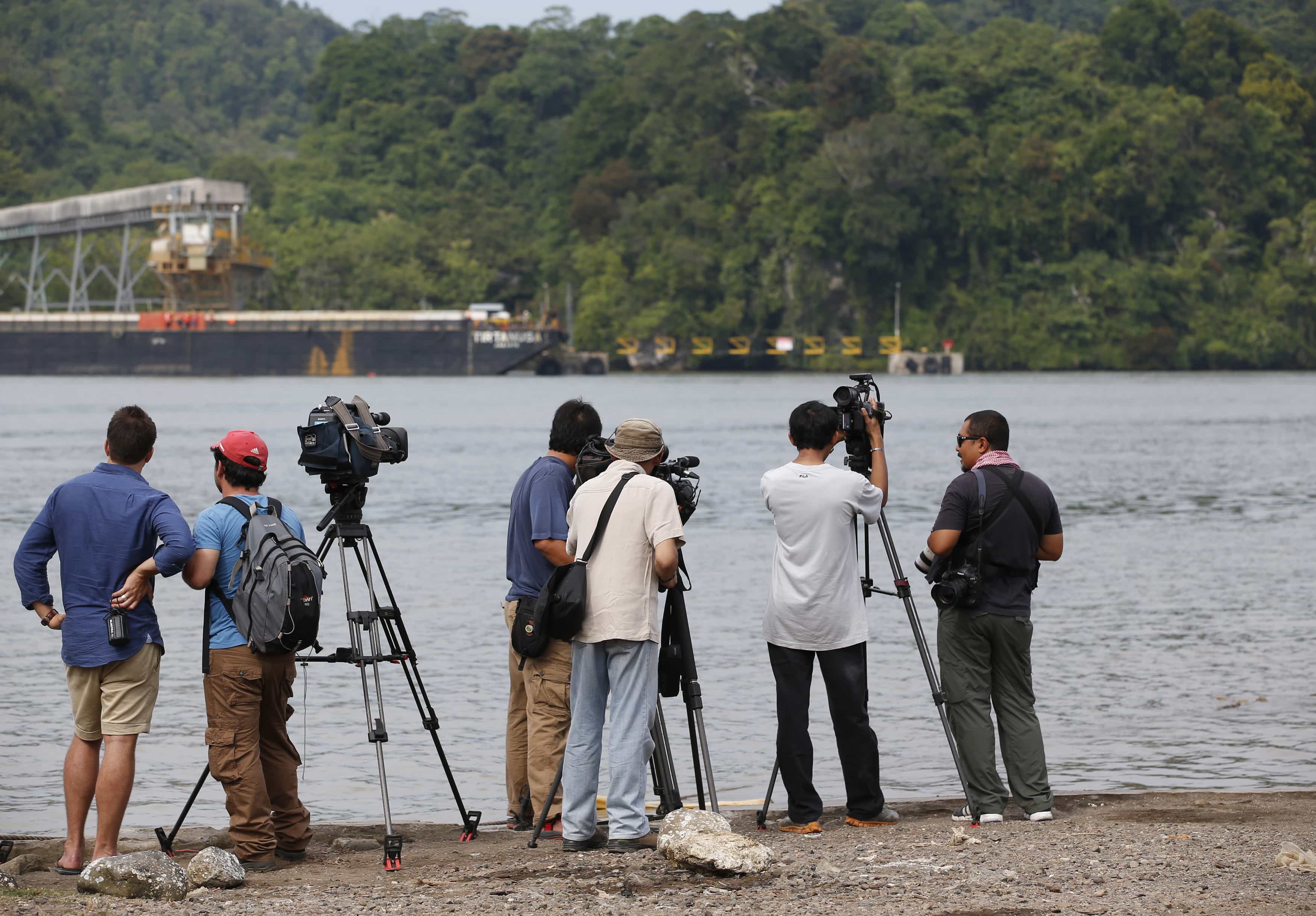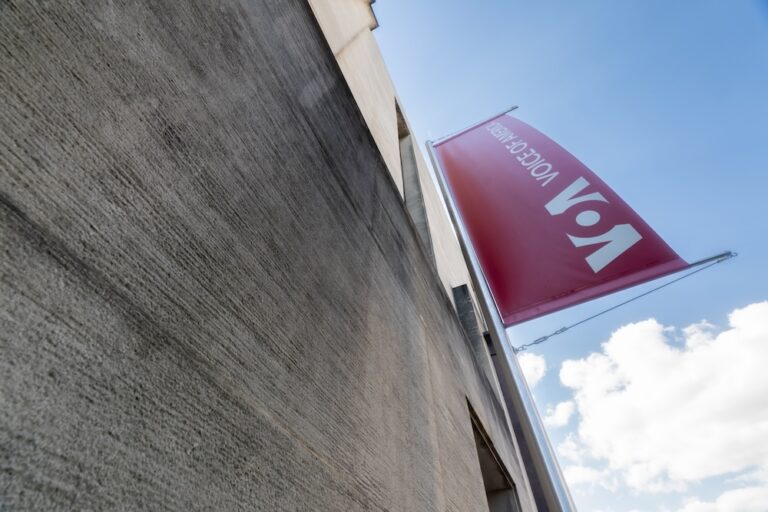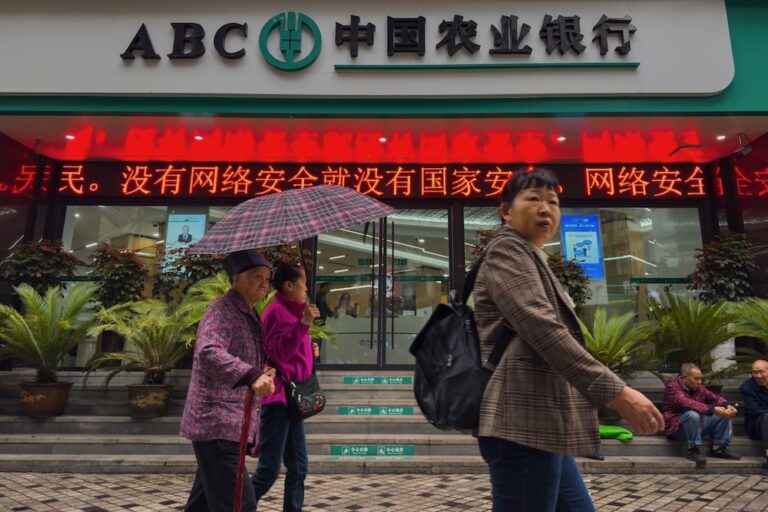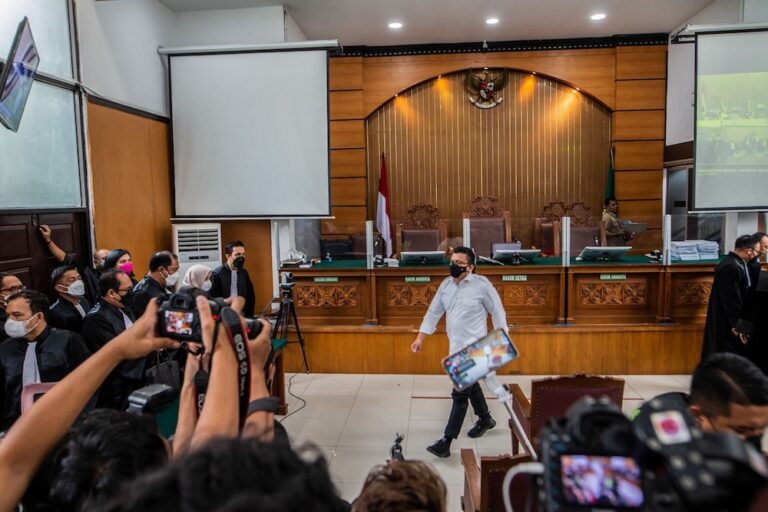SEAPA views that the new procedure is a form of over-regulation that establishes double-standards against visiting foreign journalists. It believes that these regulations are unnecessary, and may be used to control the news collected by foreign media agencies.
This statement was originally published on seapa.org on 28 August 2015.
The Southeast Asian Press Alliance (SEAPA) registers its protest against the Indonesian government’s new regulations imposed to further restrict foreign journalists visiting Indonesia.
The Alliance of Independent Journalists (AJI Indonesia), a founding member of SEAPA, said in a press release on 26 August 2015 that the Minister of Internal Affairs in Indonesia released the circular Number 482.3/4439/SJ about an adjustment of procedure of journalistic visits to Indonesia. (Please click here, to read an auto-translated version of AJI Indonesia’s statement.)
The new regulations were announced by the director general for Political Affairs and General Administration at the Home Affairs Ministry, Mr. Soedarmo, who explained that these new rules were drawn up for the purpose of monitoring the work of journalists.
The new regulation requires all foreign journalists and film crew members to go through up to four steps before they can cover news in the country: an ID and recommendation officially issued by the Indonesia embassy in their country of origin; a permit issued by the Coordinating Team for Visiting Foreigners at the Foreign Affairs Ministry; another from the Directorate General for Political Affairs and General Administration at the Home Affairs Ministry; finally, another permit is required from the National Unity and Political Affairs Body, which is under local administration, in case the said media personnel want to work in remote areas.
The Coordinating Team for Visiting Foreigners according to the Jakarta Post is a task force coordinated by the Foreign Affairs Ministry. Its members come from the State Intelligence Body (BIN), the National Police, immigration and other relevant institutions.
SEAPA views that the new procedure is a form of over-regulation that establishes double-standards against visiting foreign journalists.
We believe that these regulations are unnecessary, and may be used to control the news collected by foreign media agencies. The same regulations are not imposed on local media, who are guaranteed a broad range of freedoms under the Press Law (Law No. 40 of 1999).
Furthermore, the stated objective of the new regulation to ‘monitor’ the media is sinister, and is an ominous signal that threatens the entire media community in the country, both foreign and local.
The regulations are similar to earlier regulations imposed for foreign journalists in Papua, weeks after President Joko Widodo (Jokowi) announced in May the lifting of the de facto ban on foreign journalists in the region.
Not only did authorities effectively cripple Jokowi’s announcement, this time they have also extended the regulation for the entire country.
These additional regulations impose burdensome requirements of several permits that will obstruct the work of foreign journalists, who are usually working under time pressure to cover urgent news. At best, their work is threatened with bureaucratic delays that may force them to compromise their work objectives. Furthermore, possible veto of their applications at different points can be a form of censorship and control of the news, especially for politically sensitive events or for media outlets which may be deemed unfriendly to the country or certain public officials.
SEAPA urges the Indonesia Government to revoke the new procedure, and to guarantee a media-friendly atmosphere for foreign journalists who visit Indonesia for specific assignments, and those who work in the country for longer terms.
The regulation seriously violates the principles of press freedom and freedom of expression that the Indonesian government upholds as an important pillar of democracy. Indonesia ratified the International Covenant on Civil and Political Rights that obliges the government to promote and protect, among others, article 19 on Freedom of Opinion and Expression, including press freedom.
We believe that Indonesia had demonstrated its commitment of this principle through the Press Law (Number 40/1999), and call on the government to extend the same freedoms to all journalists, regardless of their nationality.



